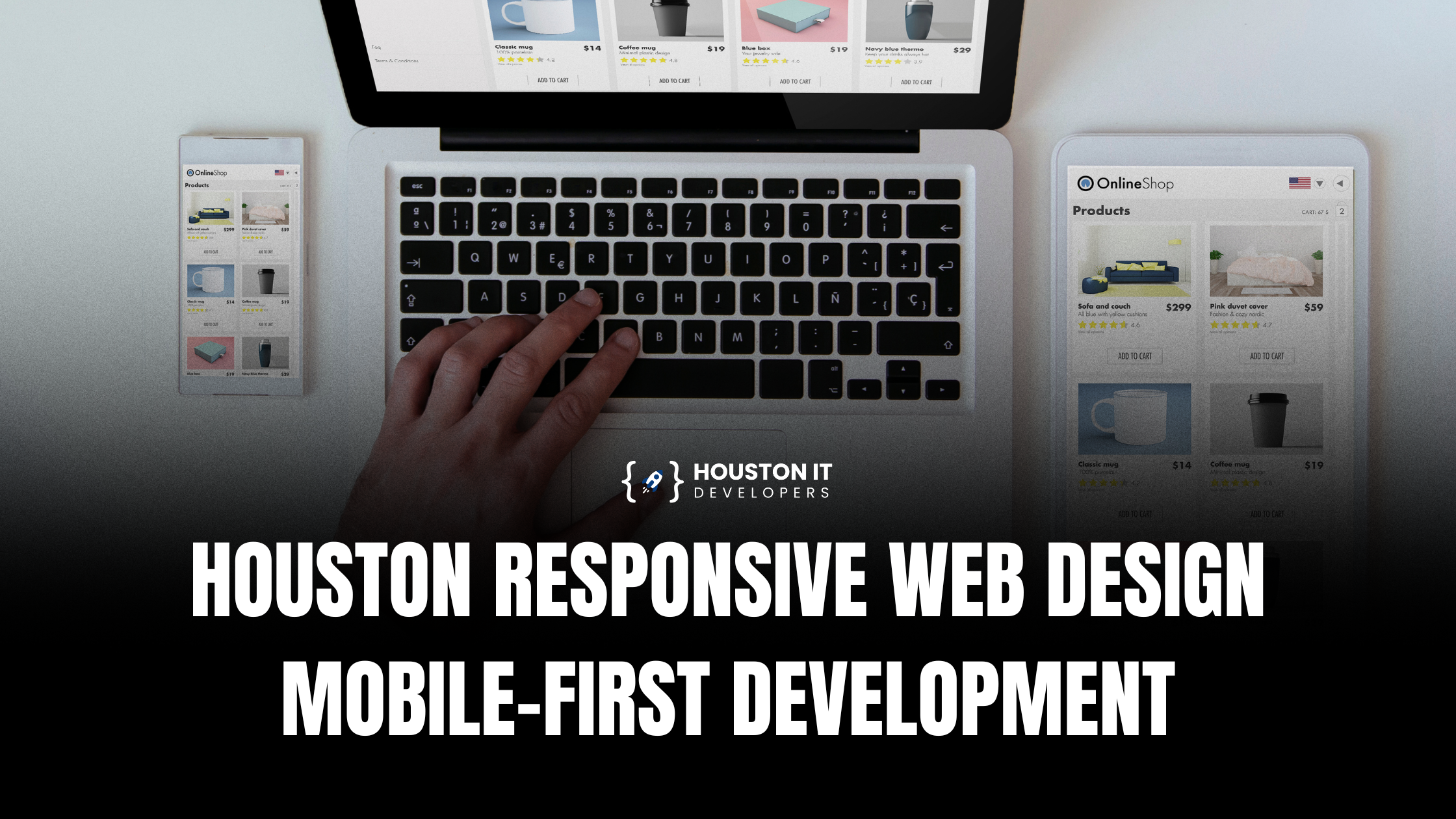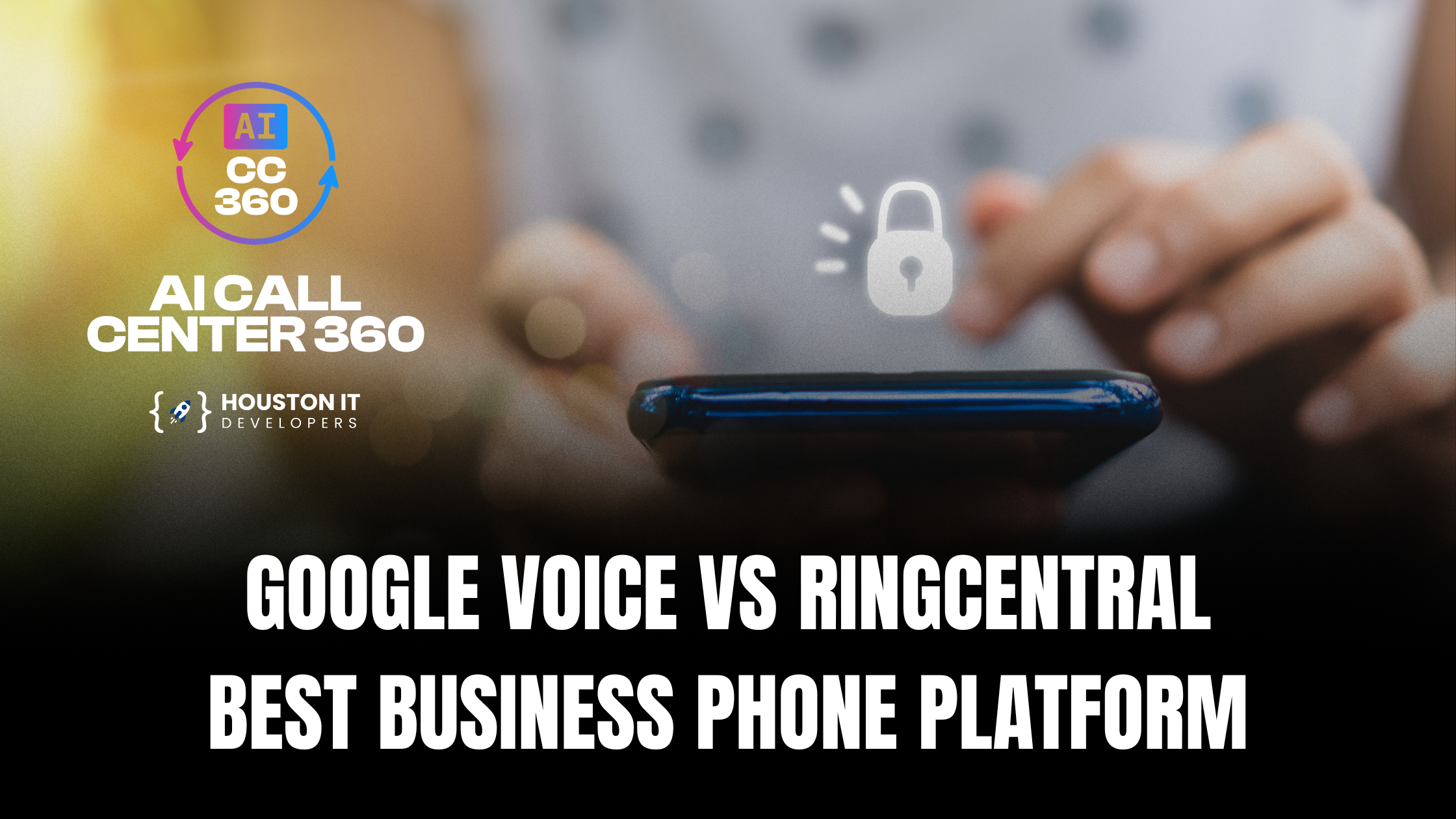The e-commerce landscape is constantly evolving, and mobile apps have become the cornerstone of online shopping success. To stay competitive, businesses must adapt to the latest trends and leverage innovative technologies. In 2024, several key trends will shape the future of e-commerce mobile app development.
1. The Rise of AI-Powered Personalization: How Machine Learning is Transforming the Shopping Experience
Artificial Intelligence (AI) and Machine Learning (ML) are no longer buzzwords; they’re actively reshaping how consumers interact with e-commerce apps. Through advanced algorithms, AI analyzes user behavior, preferences, and purchase history to deliver highly personalized product recommendations, curated content, and targeted promotions.
For instance, Amazon’s recommendation engine is a prime example of AI-driven personalization, suggesting products based on past purchases, browsing history, and similar customer profiles. This approach not only enhances the user experience but also significantly boosts sales and customer loyalty.
2. Augmented Reality (AR) Shopping Experiences: From Virtual Try-Ons to Interactive Product Displays
Augmented Reality (AR) is bridging the gap between online and offline shopping by offering immersive experiences that let customers virtually try on clothes, visualize furniture in their homes, or interact with products before buying.
This technology is proving particularly valuable in the fashion and beauty industries, where virtual try-on features are reducing return rates and increasing customer confidence. IKEA’s AR app allows users to see how furniture would look in their homes before making a purchase, revolutionizing the way people shop for home decor.
3. Voice Commerce Integration: The Growing Importance of Voice Search and Voice Assistants
Voice assistants like Siri, Alexa, and Google Assistant are becoming integral to daily life, and their impact on e-commerce is undeniable. Voice commerce enables users to search for products, add items to their carts, and even complete purchases using voice commands, offering a hands-free and convenient shopping experience.
Optimizing e-commerce apps for voice search is becoming essential as more users adopt this technology. Clear product descriptions, concise information, and well-structured data are crucial for ensuring your products appear in voice search results.
4. Sustainability in E-Commerce Apps: Eco-Conscious Features and Green Initiatives
As consumers become more environmentally conscious, they expect businesses to prioritize sustainability. E-commerce apps are integrating eco-friendly features like carbon footprint calculators, sustainable packaging options, and information about a product’s environmental impact.
Brands that showcase their commitment to sustainability are not only attracting eco-conscious shoppers but also building a positive brand image and fostering customer loyalty.
5. Social Commerce Evolution: Shoppable Posts, Livestreaming, and Influencer Marketing
Social media platforms are evolving into powerful e-commerce channels. Shoppable posts on Instagram and Facebook, live shopping events, and influencer marketing campaigns are driving sales and engagement.
E-commerce apps that integrate with social media platforms and leverage social commerce trends are tapping into a vast audience and creating seamless shopping experiences that resonate with consumers.
6. Blockchain for Secure and Transparent Transactions: Building Trust and Enhancing Security
Blockchain technology is revolutionizing e-commerce by providing a secure, transparent, and immutable ledger for transactions. This technology enhances security, reduces fraud, and builds trust between buyers and sellers.
By integrating blockchain into e-commerce apps, businesses can offer secure payment options, verify product authenticity, and streamline supply chain management.
7. Mobile-First Indexing and the Rise of Progressive Web Apps (PWAs): Optimizing for Mobile Speed and Performance
With mobile devices accounting for the majority of online traffic, Google’s mobile-first indexing prioritizes websites and apps that are optimized for mobile. Progressive Web Apps (PWAs) are gaining traction as they offer a fast, app-like experience without requiring users to download a separate app.
Investing in PWAs and ensuring your e-commerce app is mobile-friendly is crucial for staying ahead in the competitive e-commerce landscape.
8. Subscription-Based Models and Personalized Recommendations: Building Customer Loyalty and Recurring Revenue
Subscription-based models are becoming increasingly popular in e-commerce, offering convenience and personalized experiences to customers. By leveraging data and AI, businesses can provide tailored product recommendations, curated boxes, and exclusive perks to subscribers.
This approach fosters customer loyalty, drives recurring revenue, and provides valuable insights into customer preferences.
Conclusion
In 2024, the e-commerce landscape will continue to evolve at a rapid pace. By embracing these eight game-changing trends, businesses can create mobile app experiences that not only meet but exceed customer expectations. From AI-powered personalization to sustainable initiatives and blockchain-powered security, these trends will shape the future of online shopping. Adapting to these changes is essential for staying competitive and thriving in the ever-evolving world of e-commerce.








